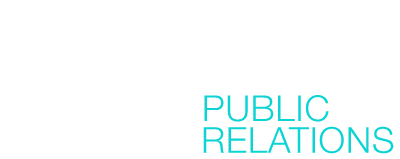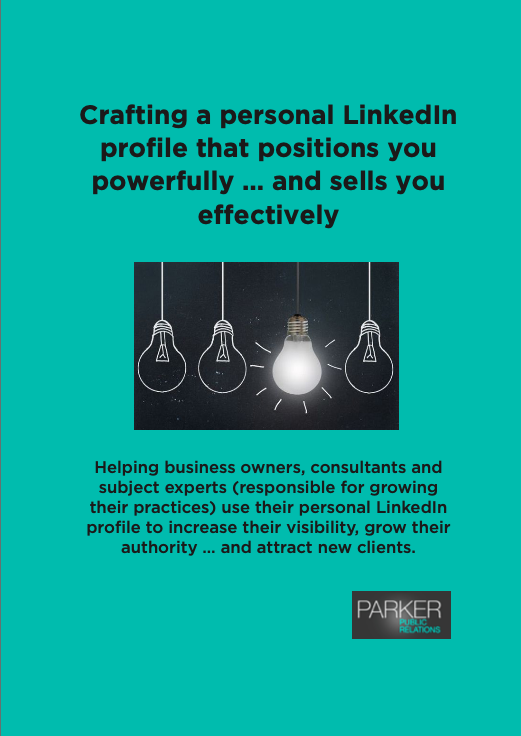To get the best possible results from your public relations spend this year, it is well worth staying abreast of the latest trends.
1. Less reliance on the traditional media release
While the traditional media release was once the best way to get news out fast, these days it is much quicker pitching your story to journalists and allowing them to get on with the job of writing. That said, there are those who prefer media releases and backgrounders so be prepared to offer both options. I also strongly advocate that every story developed for the media is later repurposed as a blog, website article and social media post. This will ensure no idea goes to waste should the media refuse to bite!
2. Become a thought leader
Thought leaders are informed opinion leaders and go-to people in their field of expertise. Being positioned as a thought leader in your industry helps your business gain credibility and visibility, and builds your personal brand. Thought leadership activity should involve publishing articles, blog posts, email newsletters and videos that are designed to educate your readers across your area of expertise.
3. Highly personalised relationship with media increasingly paramount
Because you’re competing with countless companies looking to grab the attention of the media, taking a more personalised approach with give you added advantage. This begins with developing a relationship with the media online well before you actually begin pitching a story. Once you do begin pitching, keep the process personal. Email an idea to a journalist or call them directly. Don’t send out a bulk email to all and sundry. Most journalists will ignore your email if you don’t address them by name so make this an absolute priority in your relationship building activity.
4. Include up and coming journalists/even stringers in your outreach
Don’t just focus on editors and experienced journalists covering your area of interest. Open up your outreach to include new entrants to the industry, even cadets. They are desperate to make a name for themselves and receive fewer requests than those higher up the chain. Send stories to them and cultivate them. Remember, once they have given you coverage it will be significantly easier to get more senior journalists to write about you.
5. Ensure blogging is part of your strategy
Sadly not many people think about blogging when they think PR. Overlooking this powerful thought leadership tool would be a serious mistake in 2017 so if you hadn’t contemplated starting one, ensure it is a priority. Blogs are also a great way to share your knowledge and position yourself as a thought leader in your field of expertise. You can either start your own business blog or become a guest blogger on other relevant industry blogs. It is important to post regularly and engage with your readers by encouraging discussions and sharing experiences, ideas and any other relevant information.
6. Increase your website content
Do this by creating a website newsroom. This will allow you to share news as it breaks. Your newsroom should become a one-stop shop for anyone who wants to learn more about what your company does. You can include company news, product fact sheets, Q&As, executive headshots and bios, social feeds and, of course, your ‘news.’ If you have already issued media, put them here.
7. Non-traditional content amplification
When you have great content, share it. While social media will continue to be one of the main ways to share your content, you can combine this with paid promotion, such as Facebook and Twitter promoted tweets and LinkedIn sponsored updates. You can also try asking major influencers in your industry to share and contribute to your content to give it more credibility and publicity. Other mechanisms for amplification include whitepapers, marketing newsletters, even email signatures. All these tactics will help get more of the right eyes on your content and amplify your message.
8. Write a business book
Writing a business book is rapidly proving to be one of the best ways of establishing yourself as a credible expert and for showcasing you as a genuine thought leader and a “guru” in your industry. Books allow you to go into much more detail than you ever could with online content. They also help overcome trust barriers and help attract other PR opportunities. Ultimately, a book can position your company as a knowledge-driven environment, not just a sales-driven one!
Wendy Parker is CEO of Parker Public Relations.


